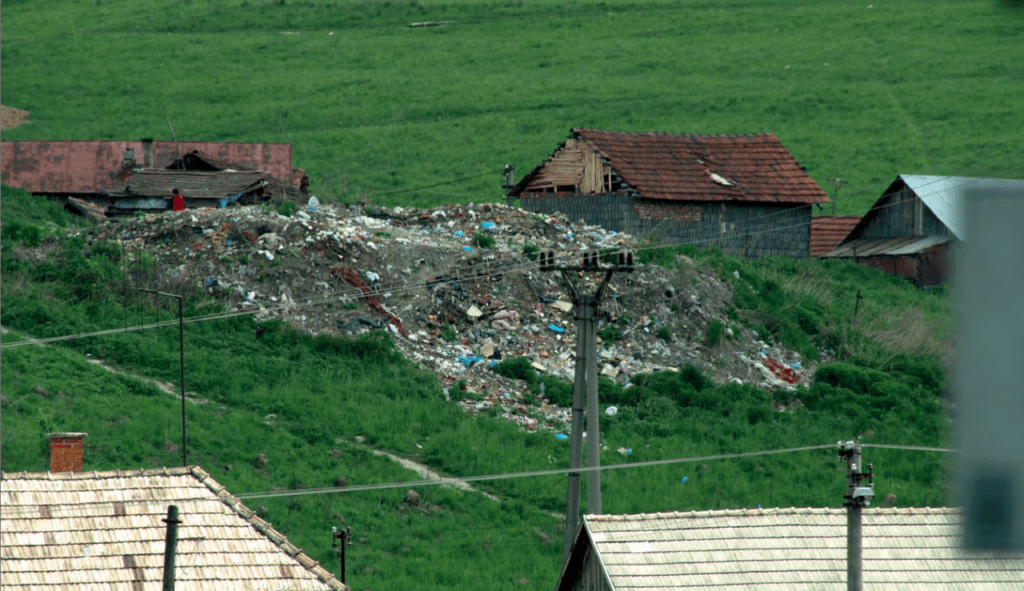Impoverished Roma communities across Eastern and Central Europe often lack basic infrastructure and are more vulnerable to COVID-19 than the majority population. A second wave of the pandemic will make their situation worse.
A recent report published by the Slovak Academy of Science in collaboration with the Open Society Foundation shows that Roma in segregated settlements or on the outskirts of towns lack access to clean drinking water. They are also victims of environmental discrimination and often forced to live next to toxic landfills and flood-prone neighbourhoods.
“Although the right to water and sanitation are rights recognized by the UN, European Roma are being left to live in unsafe environments detrimental to their health and wellbeing. In fact, lack of concrete data on access to sanitation for Roma made it easier to neglect this issue,” commented Marek Szilvasi, team manager on environmental justice for Roma at the OSF.
The increased incidence of infectious diseases in localities with Roma population is one of the indicators of structural inequalities in Slovakia. According to the report, the core of the problem is the absence of basic infrastructure for access to water, sewage collection and waste treatment. The report focuses on the infrastructure but puts the problem in an economic-social context.
Approximately 300 Roma settlements in Slovakia do not have access to the public water supply; moreover, in approximately 650 Roma settlements, residents do not have access to sewage. The researchers identified almost 50 segregated Roma settlements that had no infrastructure at all — no asphalt road, no water supply, no sewage, and no gas.
Similar problems exist in other new EU member states with significant Roma minorities. According to the report, EU is providing significant funding to infrastructure projects but the money is rarely reaching the Roma settlements. In Slovakia, government funding has so far not specifically targeted the settlements.
“The European Green Deal must not lead to more job losses among the poorest segments of the population and in turn, pit poor non-Roma against poor Roma,” commented Zeljko Jovanovic, director of the Open Society Roma Initiatives Office. “It must not lead to forced evictions but affordable green housing and infrastructure deserving of 21st century Europe.”
Update: Asked by The Brussels Times to comment on the report, a source at the European Commission commented that EU member states have primary competence for the integration of Roma in society and therefore bear the responsibility for improving their living conditions, including providing essential services.
That said, during the 2014 – 2020 budget period, the European Commission has funded dedicated actions in Slovakia to address the issues mentioned in the report, such as access to water, sewage and waste treatment in municipalities with high share of Roma communities, totalling ca €52 million.
Access to tap water and sanitary infrastructure will be some of the many issues addressed in a new EU Roma Strategic Framework due to be adopted soon, according to the Commission.
The Brussels Times

